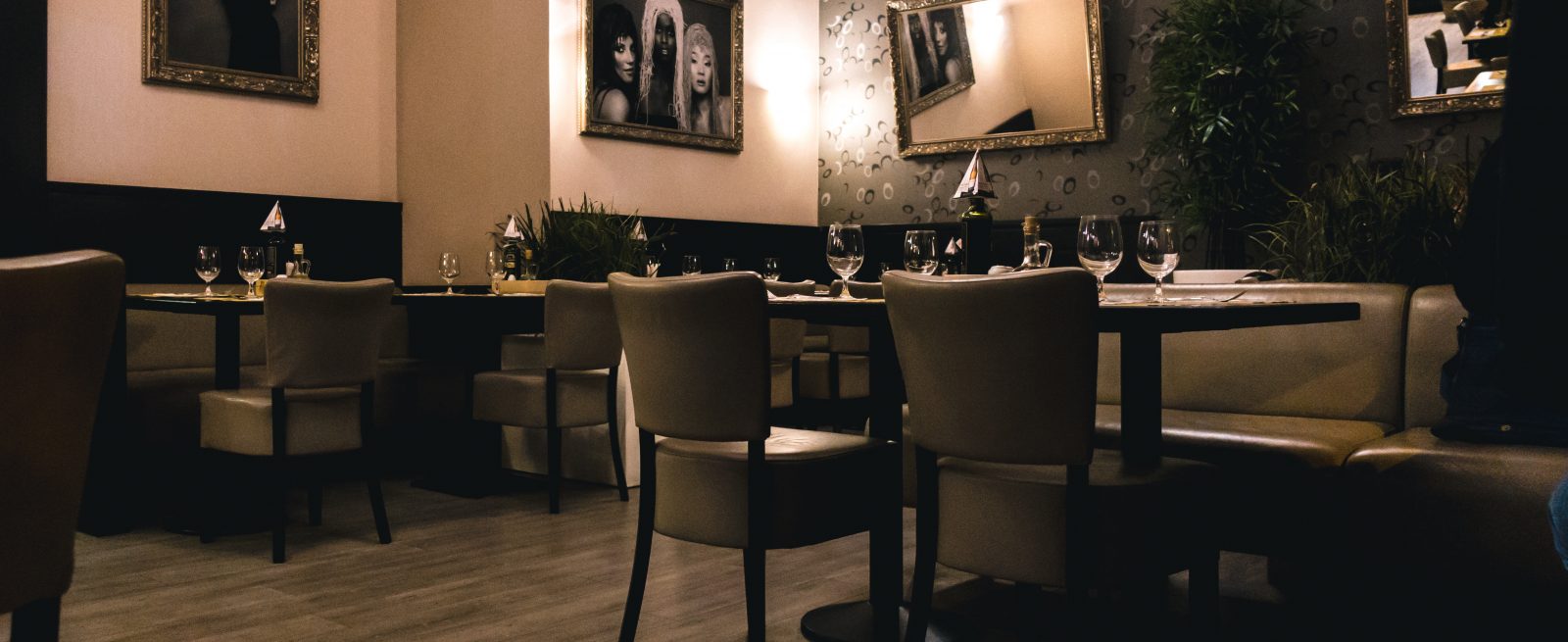Five Things You Need to Know About Restaurant Insurance
4 Min Read By Rakesh Gupta
Opening a restaurant can be a hectic undertaking, to say the least. Between obsessing over food and finances, one key consideration shouldn’t fall through the cracks—restaurant insurance. Having trouble deciding what kind of insurance your restaurant needs? Here are five key questions that will help you determine the type of coverage you might need.
What is Restaurant Insurance?
Restaurant insurance is a catchall term that describes the types of insurance needed for a restaurant to stay protected and covered in case of accidents, damages, injuries and other unpredictable mishaps.
Why Do You Need Restaurant Insurance?
Accidents happen. They’re a part of life and impossible to predict—but even one accident or unexpected incident could cost your restaurant hundreds of thousands of dollars.
Restaurant insurance helps:
- Protect your restaurant against expensive legal costs when an accident such as a slip or fall or an incident like food poisoning happens at your restaurant.
- Eliminate fines and penalties for noncompliance. Workers’ Compensation insurance is required by most states if you have employees and helps protect the business if an employee is injured, contracts an illness or dies as a result of an incident on the job. Many states will issue penalties, such as fines, for businesses that don’t comply.
- Retain employees who want to know that they’re protected in case of a workplace accident.
- Validate you with banks or landlords in order to sign leases or buy equipment.
What Does Restaurant Insurance cover?
Here are a few scenarios to explore what restaurant insurance could cover, depending on your policies:
- Accidents that happen in your restaurant— for example, if a customer slips and falls on a trip to the restroom or contracts food poisoning.
- Workplace injuries—for example, if an employee were to cut themselves or get a severe burn.
- Building damage from natural disasters or accidents, such as a fire or broken pipe.
- Lost equipment because of damage, theft or other accidents.
- Cybersecurity breaches. This is especially important if you’re handling sensitive credit card information—a breach could ruin your reputation with customers.
- Vehicle accidents while on the job. Insurance can cover you for any accidents that happen and minimize your delivery exposure if you offer that service.
What Type of Restaurant Insurance Do I Need?
While there are many different types and levels of coverage, here are a few basics that you’ll need to consider if you’re opening or purchasing a restaurant.
- Workers’ compensation insurance helps protect your business if an employee is injured, contracts an illness or dies resulting from an incident on the job. It can cover medical costs, legal fees and lost wages due to injury resulting from accidents like slips and falls. Note: even if you don’t have full-time employees, a landlord may require a workers’ comp policy.
- General liability insurance, also called commercial liability insurance, covers damages and legal fees if customers or other people you don’t employ make an injury claim against you (things like slips and falls or food poisoning), damage to other people’s property that was caused by your business, or medical costs associated with these incidents.
- Hired and non-owned insurance can be bought as an add-on to liability insurance. This is something restaurants may want to consider if they have employees who deliver or cater. Accidents can be quite costly and if an employee is in an accident, hired and non-owned automobile insurance will cover the business for the associated liability with the claim.
- Property and liability insurance, also known as business owner’s policy (BOP), combines general liability insurance with coverage for your company’s property. You’ll get protection for the building you own, space you lease and any property needed to run your business, while also receiving coverage for things like business interruption. This can replace lost income, as well as cover other costs associated with getting your business back up and running, such as the use of a temporary location.
- Commercial auto insurance is designed to protect company-owned or leased vehicles and drivers from any damage incurred during the course of business, such as delivery, catering or operating a food truck.
- Umbrella insurance adds another layer of protection over liability lines. Every insurance policy you purchase has a maximum value that it will cover in the event of an incident. Umbrella insurance starts when other policies hit their coverage limits. Umbrella insurance policies have limits as well, so check with your provider on maximum coverage limits. Without umbrella insurance, you may be responsible for anything over your policy limit. Business liability suits can easily exceed the actual value of many small businesses, so we highly recommend an umbrella policy to protect your company.
- Cyber insurance can be purchased as an add-on to a general liability or BOP policy, and can protect the business from credit card fraud, hacks and breaches.
How Much is Insurance Going to Cost?
It varies. But in general, you can expect to pay anywhere from a few thousand dollars a year for smaller restaurants, food trucks and stands to tens of thousands for larger or fine-dining restaurants. Adding policies will tack on additional premium costs, though the expenses are very small in comparison to how much you’d have to pay for incidents without insurance.
Now that you know your restaurant’s needs, now is the time to research insurance partners who not only understand the restaurant industry and your business but are also as passionate about helping small businesses as you are about serving great food.


